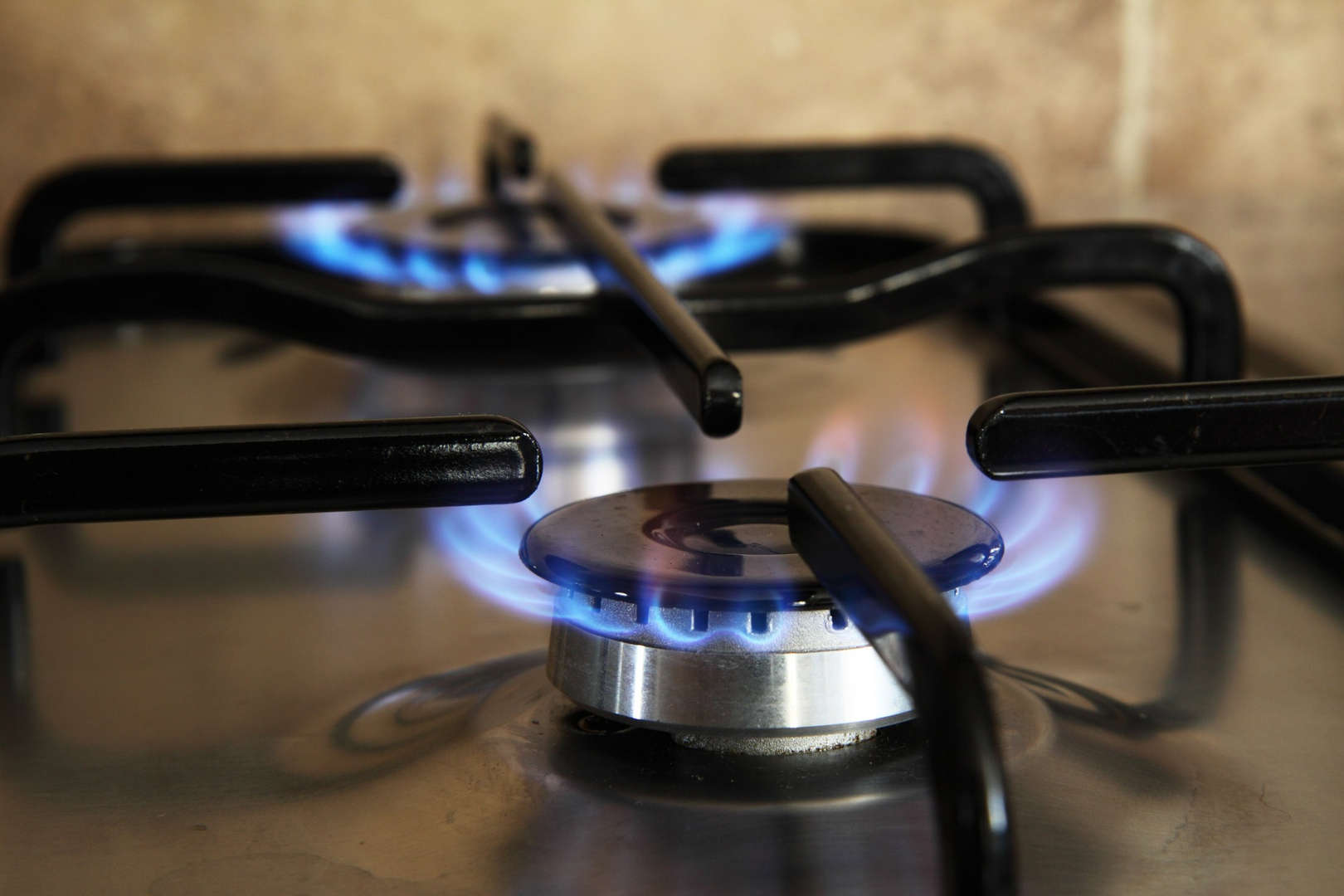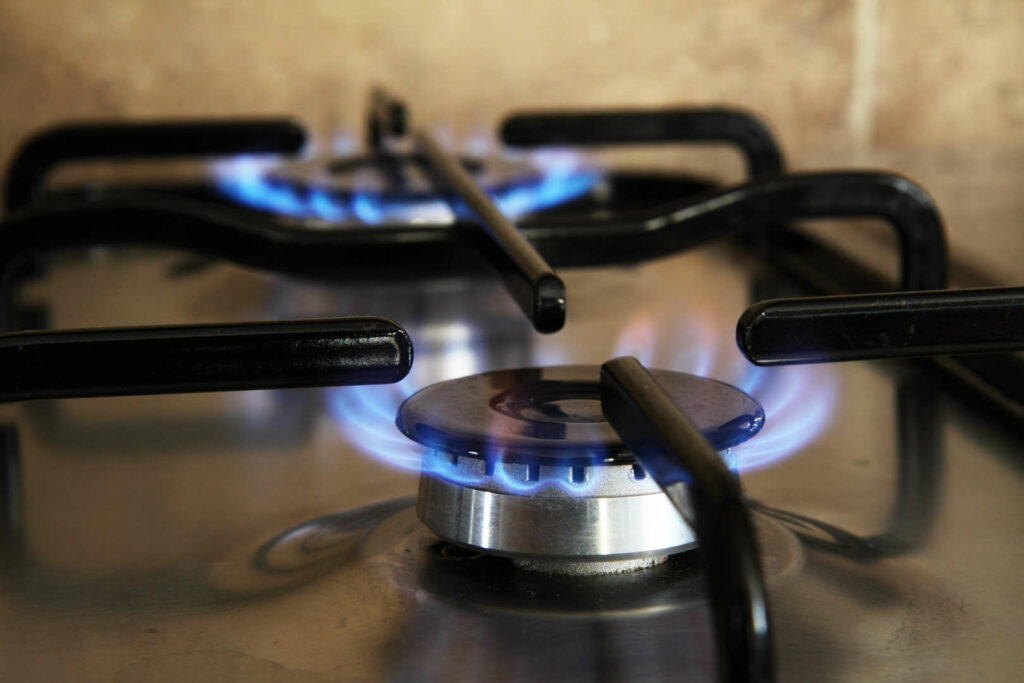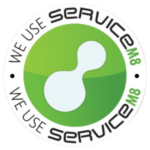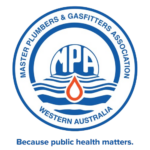

Natural gas is an efficient and widely used energy source in many homes, providing heating, cooking, and hot water. However, if not handled properly, gas can be dangerous, leading to leaks, fires, and carbon monoxide poisoning. Understanding gas safety is essential to protect your home and family.
In this article, we will discuss key gas safety tips, common household gas hazards, and what to do in an emergency.
Recognizing the Signs of a Gas Leak
A gas leak is one of the most serious dangers associated with household gas systems. Knowing the warning signs can help prevent a disaster.
Common Signs of a Gas Leak:
- Smell of Rotten Eggs: Natural gas is odorless, but a sulfur-like smell is added for easy detection.
- Hissing or Whistling Sound: A high-pitched noise near a gas appliance or pipeline could indicate a leak.
- Dead Plants or Grass: Gas leaks in outdoor pipelines can cause nearby vegetation to die.
- Dizziness or Headaches: Exposure to gas can cause nausea, dizziness, and difficulty breathing.
- Higher Gas Bills: An unexplained increase in your gas bill could be a sign of a leak.
What to Do If You Suspect a Gas Leak:
- Open windows and doors to ventilate the area.
- Do not use electrical switches, matches, or lighters, as they can ignite gas.
- Turn off the gas supply if it is safe to do so.
- Evacuate the house and call your gas provider or emergency services.
Safe Use of Gas Appliances
Proper installation, maintenance, and usage of gas appliances can reduce the risk of leaks and other hazards.
Installation & Maintenance Tips:
- Hire a licensed gas engineer to install and inspect appliances.
- Ensure gas connections and pipes are secure and free from wear.
- Check for blue flames on burners. A yellow or orange flame may indicate incomplete combustion and a possible gas issue.
- Clean burners and vents regularly to prevent blockages.
- Never block ventilation openings—proper airflow is essential for gas appliance safety.
When to Replace a Gas Appliance:
- If the appliance is over 10 years old and no longer efficient.
- When there are frequent malfunctions despite repairs.
- If the manufacturer has issued a safety recall for the product.
Carbon Monoxide Poisoning: A Silent Threat
Carbon monoxide (CO) is an odorless, colorless gas produced by faulty gas appliances. Inhalation can be deadly.
Symptoms of CO Poisoning:
- Headaches, dizziness, nausea, or shortness of breath.
- Confusion or weakness, especially when indoors.
- Loss of consciousness in severe cases.
Prevention Measures:
- Install carbon monoxide detectors near bedrooms and gas appliances.
- Test CO detectors every six months to ensure they work.
- Schedule annual servicing of gas boilers and heating systems.
- Never use a gas stove or oven to heat your home.
Gas Pipe Safety & Outdoor Considerations
Gas pipes run through your home and underground, making proper handling crucial.
Protecting Gas Pipes:
- Know where gas lines are located before digging in your yard. Call your gas provider for assistance.
- Keep outdoor gas meters clear of debris, plants, or snow buildup.
- Never hang heavy objects on exposed gas pipes inside your home.
Gas BBQ and Outdoor Appliances:
- Always check for leaks before using a gas barbecue. Apply soapy water to connections and watch for bubbles.
- Store gas cylinders upright and in a ventilated space, away from direct sunlight.
- Turn off gas supplies when not in use.
Emergency Gas Safety Plan
Having a plan in place can make a huge difference in case of an emergency.
Create an Emergency Gas Plan:
- Ensure all household members know how to shut off the gas supply.
- Have the emergency contact number of your gas provider readily available.
- Establish a meeting point outside the home in case of evacuation.
- Regularly review safety procedures with your family.
Final Thoughts
Gas safety is a responsibility every homeowner should take seriously. By staying aware of potential risks, maintaining appliances, and having an emergency plan, you can ensure a safe and secure home.
If you need gas appliance servicing, leak detection, or professional safety checks, contact Steve Plumbs today


